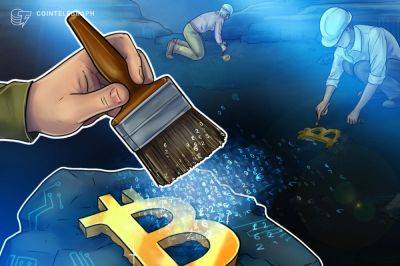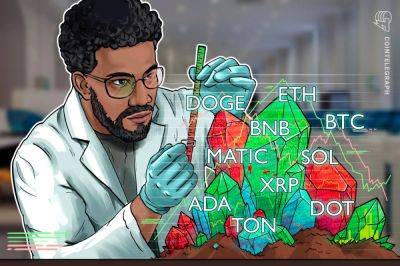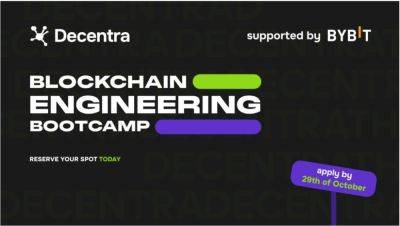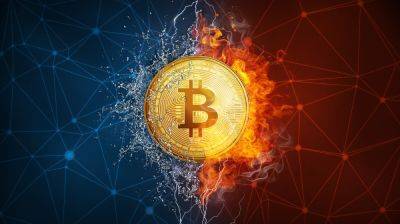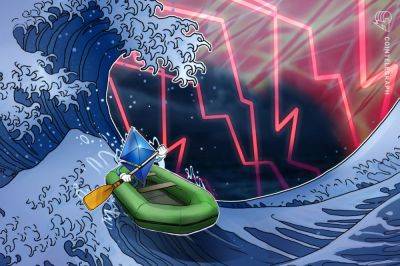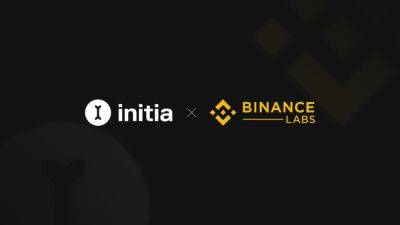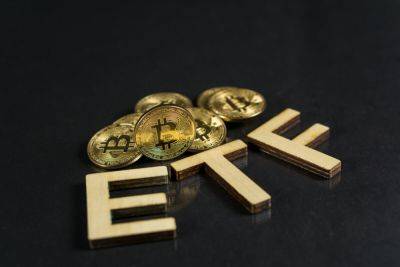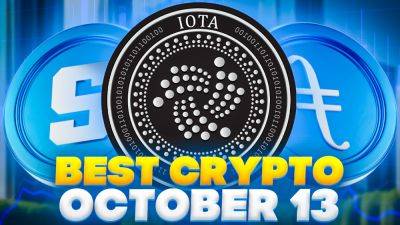Insurance, agriculture, and real estate: how asset tokenization is reshaping the status quo
The Boston Consulting Group estimates the tokenization of real-world assets could become a $16 trillion industry in the coming years. Its impact, however, goes well beyond financial figures, and can help people in developing countries to find new ways to deal with real-world problems.
During a panel moderated by Cointelegraph's editor-in-chief Kristina Lucrezia Cornèr at Swiss Web3 Fest, industry experts provided insights into how tokenization can be applied to real-world assets, and how it is enabling solutions never seen before.
"Our farmers, in Kenya, receive their payouts days after the harvesting season ends. If they have less yield than expected, then they receive a payout immediately. In the traditional insurance space, they need to wait six months. And that can mean the end of a family's business," explained Christoph Mussenbrock from decentralized insurance protocol Etherisc about tokenization solutions for agricultural production.
Meet our speakers for the "Real World Assets" panel:
@KristinaLCorner - Cointelegraph
Jose Fernandez -@TheTokengate
@liesdorn -@etherisc
@CFernandezMazzi - #Finka
Stephan Rind - BRICKMARK
FIVE Zurich
https://t.co/F0jSQL2uvl@CryptoOasisUAE @dfinity pic.twitter.com/jbZaSKg5pZ
According to Mussenbrock, there's an increasing demand from traditional insurance companies for on-chain solutions. "This is currently happening as we speak. That is a huge change. We see that traditional insurance companies are somehow dipping into this."
Stephan Rind, from BrickMark Group, noted that asset tokenization can deliver access to financial products that are currently unavailable to most people, thus helping to close a gap in wealth distribution.
"Number one in financial inclusion, obviously you can have a
Read more on cointelegraph.com


